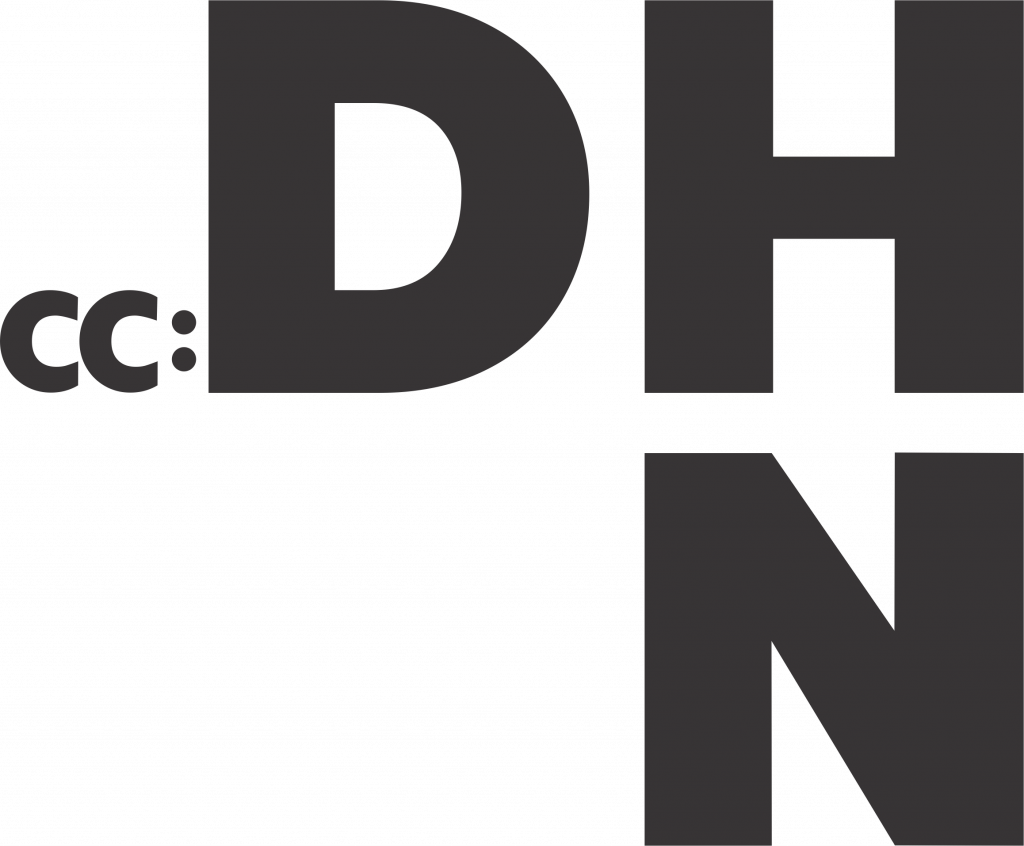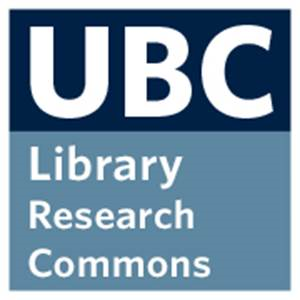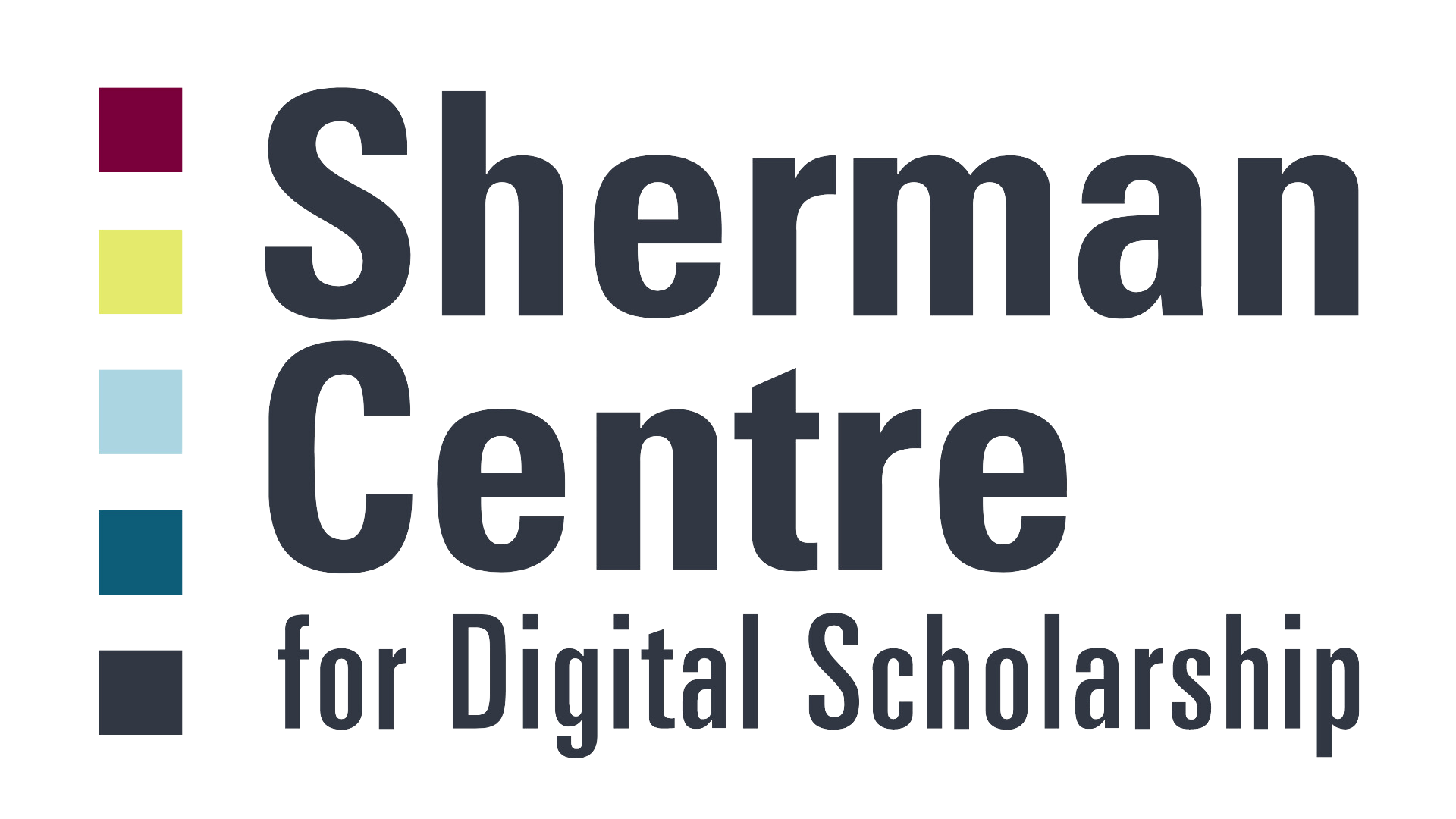Data Bites – Best Practices for Creating a README file
Do you struggle with organizing your research materials? This 30-minute workshop highlights practical techniques for creating a README file. A README is a guide to your data and assists other researchers to understand your dataset, its contents, provenance, licensing and how to interact with it.



